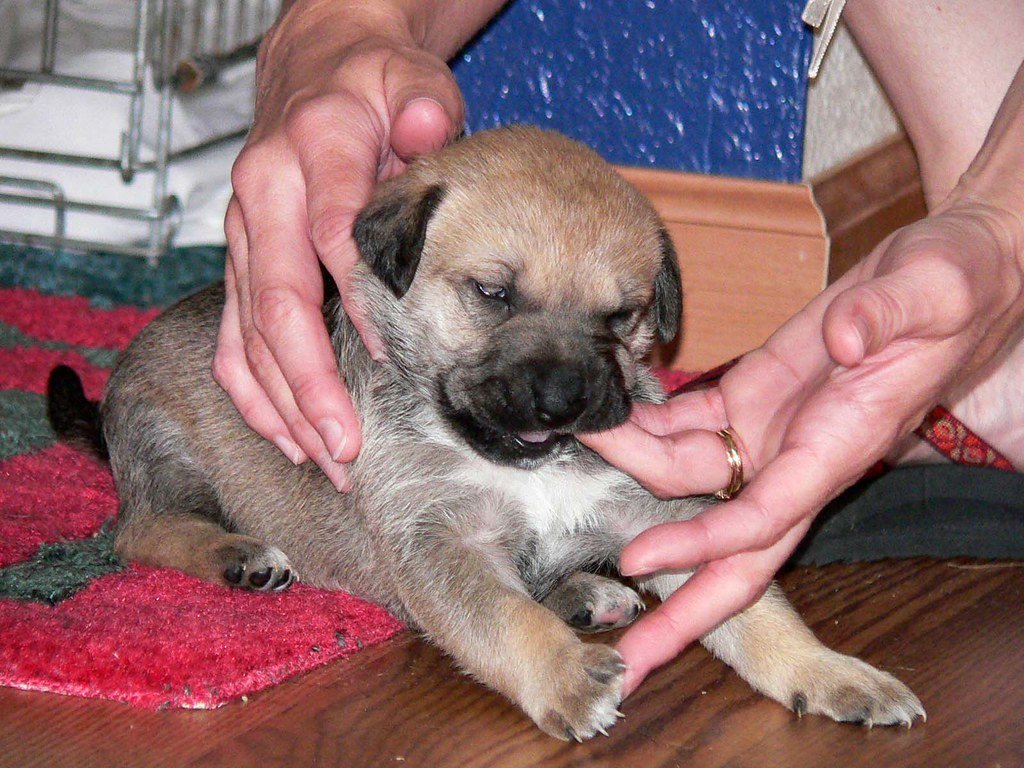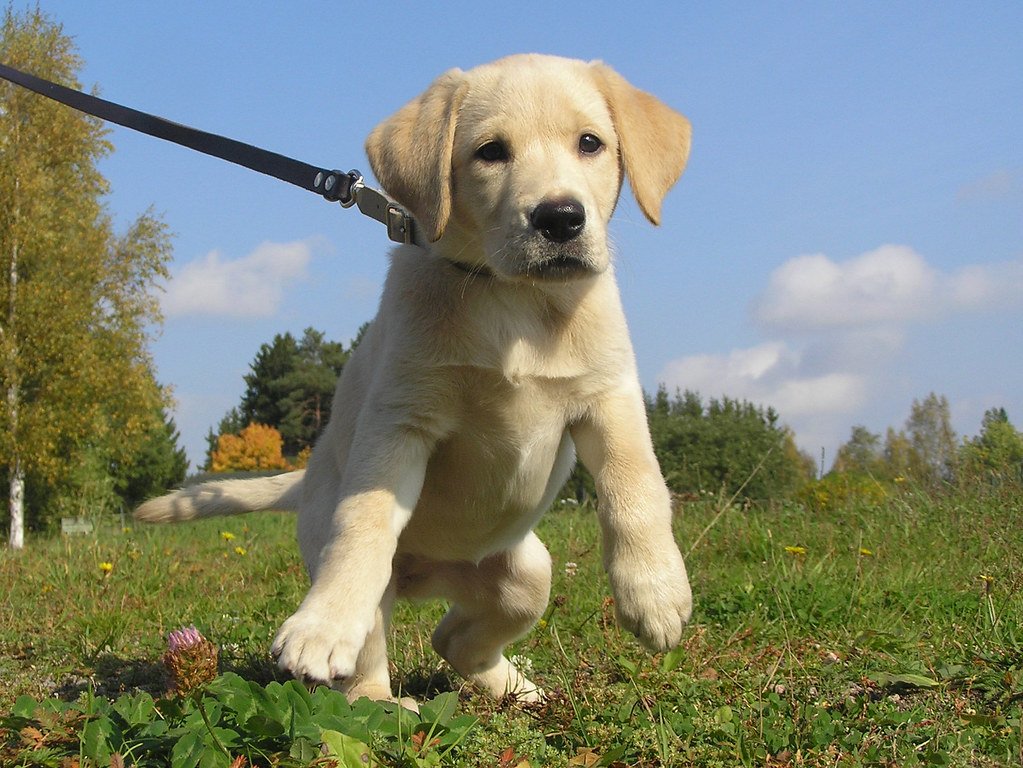Have you ever come home to find your sofa ripped apart, your favorite shoes shredded, or mysterious holes dug in your backyard? If so, you’re not alone—and you might have wondered, “Why does my dog do this?” The answer isn’t always simple. Dogs aren’t born with a mission to destroy your belongings. There’s often a story behind every chewed-up cushion. Let’s dive into the real reasons why some dogs resort to destructive behavior, and how understanding them can make you and your dog happier together.
A Cry for Attention: When Dogs Feel Overlooked
Dogs are pack animals, and they crave companionship. Imagine being stuck at home all day with no one to talk to or play with. For many dogs, that loneliness builds up like pressure in a balloon—eventually, it pops. When a dog feels ignored, they might act out just to get your attention, even if it means negative attention. Chewing things, tearing up pillows, or digging through the trash can all be desperate signals: “Look at me! I need you!” It’s their way of waving a big, furry flag.
Boredom: The Silent Destroyer
Picture this: you’re stuck in a room with nothing but a single sock and the ticking of a clock. Boredom can drive anyone a bit stir-crazy, and dogs are no different. Without enough mental or physical stimulation, dogs often find their own entertainment—the arm of your couch or a potted plant. High-energy breeds especially need outlets for all that bottled-up energy. Puzzle toys, walks, and playtime can help fill the void, making destructive behavior less tempting.
Separation Anxiety: The Heartbreaking Cause
Some dogs form deep attachments to their humans. When you leave for work or errands, they may panic, not knowing if you’ll come back. This anxiety can manifest in frantic behaviors—scratching at doors, chewing on furniture, or even trying to escape. It’s not mischief; it’s fear. Dogs with separation anxiety often act out in the first 30 minutes after you leave. Recognizing this pattern is key to helping them cope.
Lack of Exercise: Too Much Energy, Nowhere to Go
Dogs are wired to move. If they don’t get enough exercise, their energy doesn’t just disappear—it overflows in unexpected ways. A tired dog is usually a good dog, but a pent-up pup might turn your home into a playground. Daily walks, runs, or even a game of fetch in the backyard can help burn off that excess energy, leaving them relaxed and less likely to destroy things.
Teething Troubles: Puppies and Their Aching Gums

Puppies go through a teething phase, just like human babies. Their gums hurt, and chewing offers relief. Unfortunately, their idea of a teething toy might be the leg of your dining room table. This phase doesn’t last forever, but while it does, providing proper chew toys can save your belongings and soothe their discomfort.
Curiosity: Exploring the World, One Chew at a Time
Dogs explore with their mouths. For puppies and even adult dogs, gnawing, digging, or tugging at objects is a way to learn about their environment. It’s how they figure out what’s safe, tasty, or fun. Sometimes, they get it wrong and choose your slippers instead of a toy. Encouraging curiosity with safe chew toys and supervised play can help guide their natural instincts.
Stress and Changes in the Household
Just like people, dogs can get stressed when their world shifts. A new baby, a move to a different home, or even a change in your work schedule can throw them off balance. Stress can lead to destructive acts as a coping mechanism. You might notice your dog acting out more during big life changes. Offering comfort, routine, and patience can help them adjust.
Medical Issues: When Health Problems Trigger Destruction
Sometimes, destructive behavior is rooted in physical discomfort. Dental pain, digestive issues, or neurological conditions can make dogs act out of character. If destructive habits appear suddenly or seem extreme, it’s important to check with a veterinarian. Addressing underlying health problems can sometimes resolve the unwanted behavior altogether.
Improper Training and Boundaries

Dogs need to know what’s allowed and what’s off-limits. Without clear boundaries, they may not understand that chewing shoes is wrong. Consistent, positive training helps them learn right from wrong. It can be tempting to scold, but positive reinforcement—rewarding good behavior—makes a lasting impact. Training isn’t just about obedience; it’s about communication.
Instincts Passed Down Through Generations
Some destructive behaviors are tied directly to a dog’s breed or instincts. Terriers dig. Retrievers carry things in their mouths. Herding breeds chase and nip. These behaviors aren’t “bad”—they’re part of who the dog is. Redirecting these instincts into appropriate outlets, like digging boxes or fetch games, can satisfy their urges without damage to your home.
Conclusion
Understanding why dogs resort to destructive behavior is the first step toward a happier, more peaceful life together. Each act of destruction is rarely random—there’s always a reason behind it, whether it’s boredom, anxiety, or just a need for more playtime. With patience, empathy, and a little detective work, you can help your dog break the habit and build a stronger bond.





